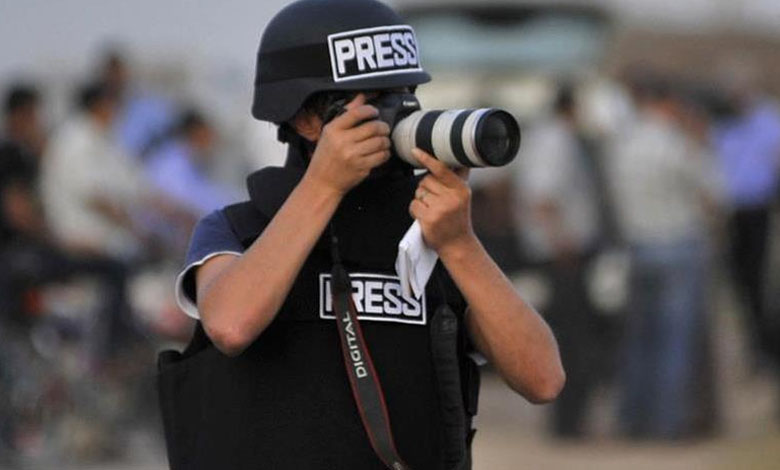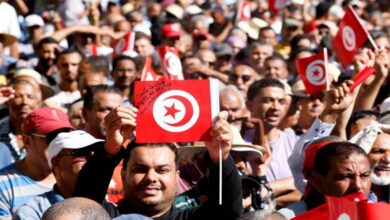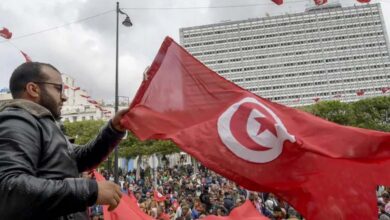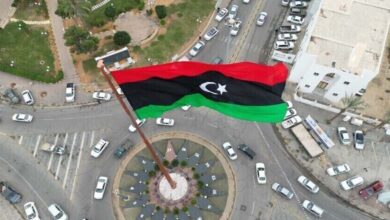22 human rights organizations call for the protection of Libyan journalists

Twenty-two Libyan human rights organizations have confirmed that Libyan journalists and media professionals are subjected to numerous violations.
In a joint statement on the occasion of the International Day to End Impunity for Crimes Against Journalists, rights groups said that from May 1, 2019 to April 30, 2020, 70 attacks on journalists were recorded.
It added that 29 other attacks on journalists were committed between May 2020 and May 2021.
Attacks have been of varying gravity, sometimes amounting to threats and attempted killings, as well as other serious violations such as enforced disappearances, arbitrary detention, beatings, abuse, arbitrary expulsions, prohibition of work, attacks and escalation against the media, leading to legal and judicial prosecution.
The organizations noted that while the number of cases of violations has declined over the past two years, direct and indirect threats have forced many journalists to either leave the journalism profession or leave Libya in search of a safe place.
The organizations that signed the statement called for the implementation of the provisions of the report on the safety of journalists submitted by the Office of the United Nations High Commissioner for Human Rights, which included many good practices in the field of the safety of journalists.
The organizations recommended the establishment of an independent constitutional body in Libya that would work on the independence and freedom of the media and regulate its work in accordance with professional standards.
It also expressed support for the recommendations of the United Nations on the role of free media in eradicating racism and xenophobia, and urged journalists to adhere to the higher values of their profession and to work against hate speech.
Law and the Press in Libya
Journalists and media professionals in Libya have been suffering for decades from a lack of an environment that allows them to carry out their work independently and without interference from the authorities, the groups said.
Prior to February 2011, the press was constrained by laws prohibiting any free activity outside the regime, and after February 2011, Article 14 of the interim Constitutional Declaration guaranteed freedom of expression and freedom of the press and abolished laws restricting freedom of the press.
In the early years of the February revolution, Libya witnessed a marked development in press freedom and freedom of expression, but new red lines emerged as the political crisis worsened and the security situation deteriorated.
Every year on November 2, the world commemorates the International Day to End Impunity for Crimes Against Journalists, which was adopted by the UN General Assembly.












